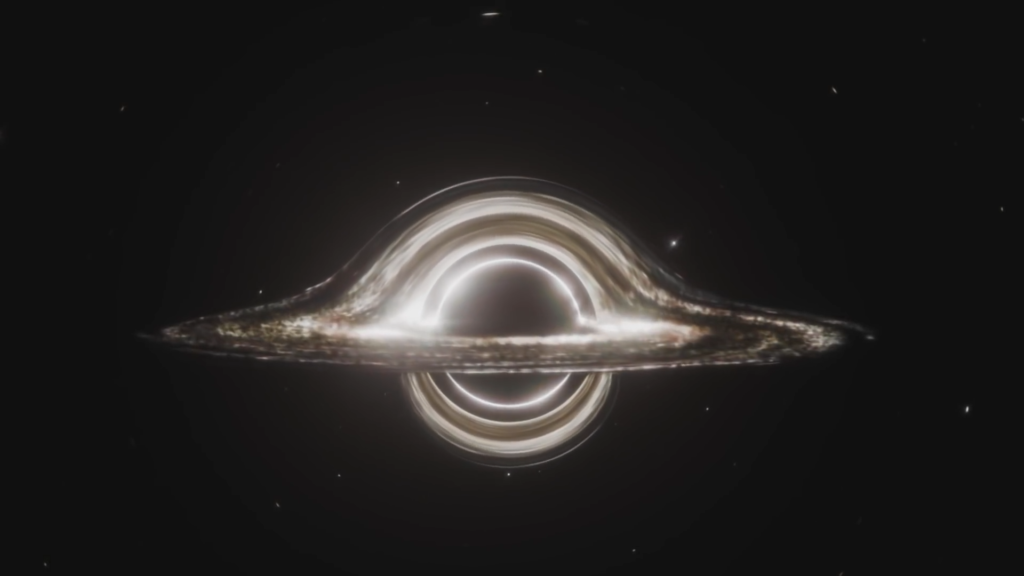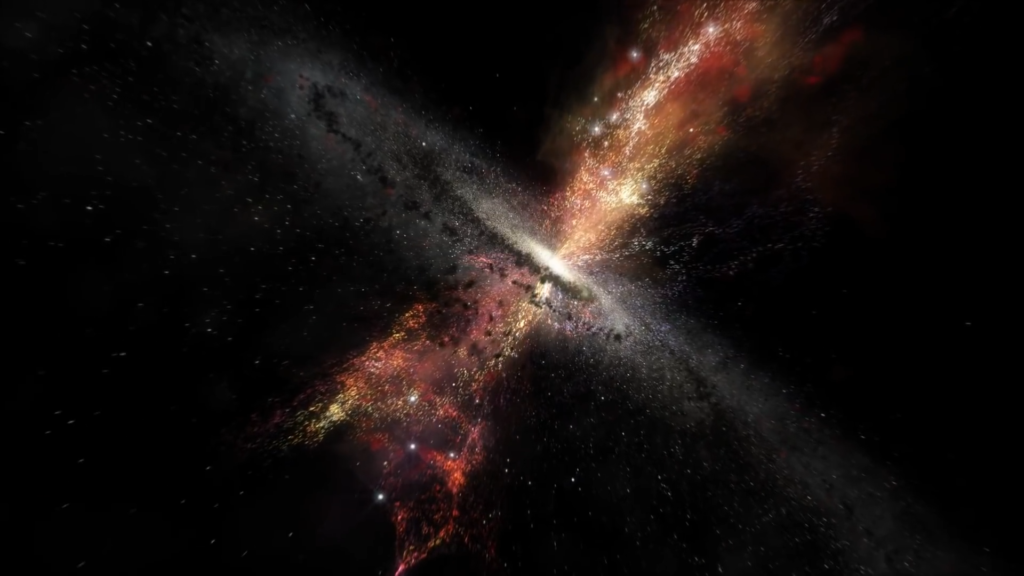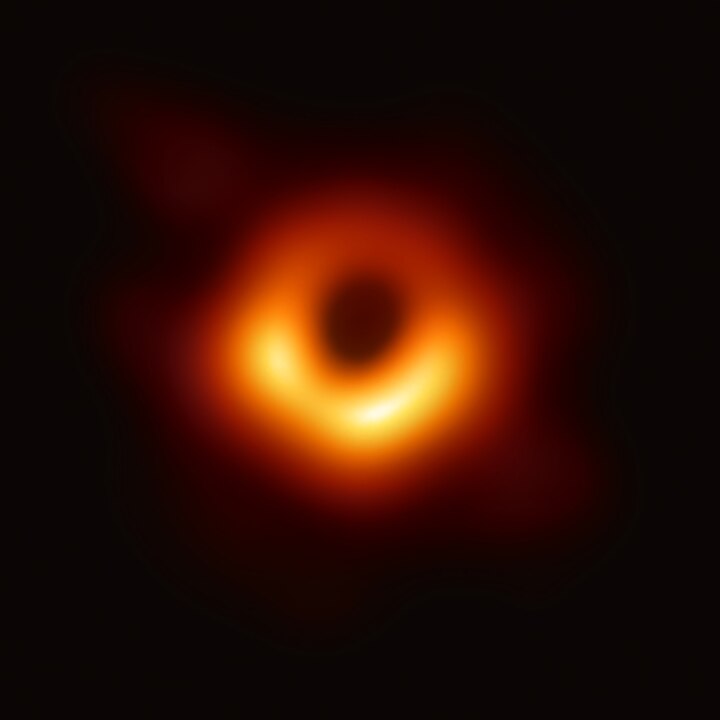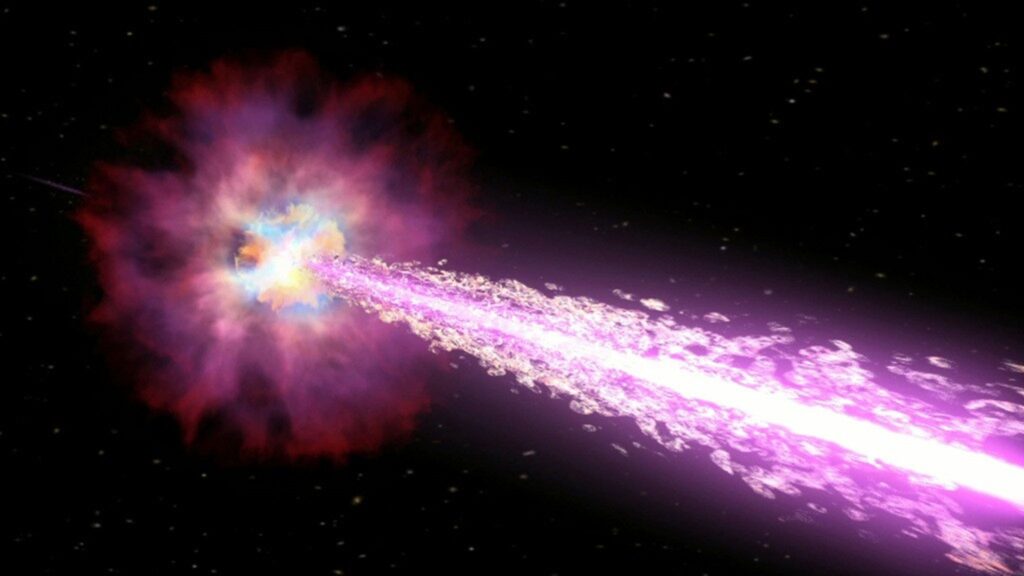
Black holes are among the most bizarre and awe-inspiring objects in the cosmos. Black holes are famous for their massive gravitational force, which can “eat” anything that comes too near, and their mystery that is a puzzle to physicists. When something crosses the event horizon of a black hole, it disappears — nothing escapes, not even light. All that unstoppable power seems to raise the question, can black holes themselves die? Or do they remain out there, in the darkness forever?
In this post we will explore the puzzling aspect of black holes as to whether they can die. We will dive into the nature of black holes, the fascinating (and a little disturbing) science of Hawking radiation, and the concept that even these monstrous celestial objects may not be there forever. So, join me on a journey to the very boundary of our understanding and learn about where black holes end.
What is a Black Hole?
Before we can evaluate whether black holes are capable of dying, we first have to realize what exactly they are. A black hole is created when a large star runs out of fuel and collapses under the force of gravity. Simply put, the star is no longer able to generate sufficient outward pressure to withstand its own gravitational pull. The result? The center implodes under its own weight and forms an ultra-dense point in space called a singularity — A place where gravity is so strong that the usual rules of physics no longer apply.
Surrounding this singularity is a point of no return known as the event horizon — the limit beyond which it is impossible to escape the black hole’s gravitational grip. You pass the event horizon: There can be no return. Black holes look “black” because not even light can escape. They are not holes in the conventional sense; instead, they are areas of space-time with such strong gravitational forces that they produce an one-way barrier.
Black holes appear in all kinds of sizes:
- Stellar-mass black holes (roughly 5-100 solar masses), formed from the collapse of individual stars
- Intermediate black holes, which puzzle scientists. We think they are hundreds to thousands of solar masses, but we do not know how they form.
- Supermassive black holes are those that sit in the centers of galaxies and reach up to millions or billions times more massive than the Sun.
If these black holes are capable of being able to “swallow” stars and planets, pulling in all matter nearby — what could even destroy them? Now enter the idea of Hawking radiation.
Hawking Radiation: The Concept of Black Hole “Death”

For decades, many scientists believed that black holes were everlasting — till the 1970s, when the famous physicist Stephen Hawking introduced a groundbreaking concept. Black holes may not be immortal, as once thought, because of a phenomenon called Hawking radiation, through which black holes lose mass and energy slowly over time.
But how does Hawking radiation actually work? It links to the strangeness of quantum theory. Quantum theory says space is not a void but is jam-packed with tiny pairs of particles that come in and out of existence, even in the vacuum of space. Usually, these pairs of particles annihilate each other almost instantaneously. But as they get close to the event horizon, something weird happens: One particle goes into the black hole and one escapes. When this happens, the escaping particle steals some energy (and in a sense mass) from the black hole.
Each time a particle escapes, the black hole loses an infinitesimal amount of its mass. This is a piddling effect, so for a stellar black hole this “evaporation” occurs over an extremely long time— much longer than the present age of the Universe! But if you wait long enough, even a massive black hole could eventually evaporate and disappear completely.
Fun fact: Since the escaping particle originated just outside the event horizon, nothing is really violating the “rule” that nothing can escape a black hole; in fact particles are being created outside of it!
How Long Does it Take for a Black Hole to Die?
Though Hawking radiation could “evaporate” a black hole, this happens over extraordinarily long timescales. That is a time scale that exceeds the imagination for most black holes in the universe; they could evaporate over many millions of years. To give you an idea of how long that might take:
- Stellar-mass black holes: It would take ∼10^67 years for a 10-Solar-Mass black hole to evaporate completely. That is a 1 followed by 67 zeros! For comparison, the exact age of the universe today is roughly 13.8 billion years (1.38 x 10^10 years). We are discussing time scales that far exceed the current age of the universe.
- Supermassive black holes: These behemoths, with masses millions or billions times greater than that of the Sun, will evaporate even slower. One estimate is that they would take about 10^100 years (ie a googol years!) to fully disappear. The universe will be a very different place — with all the stars, galaxies gone and maybe the black holes will be the only significant objects remaining.
- Tiny black holes: In fact primordial black holes, the ones which could have formed just after the Big Bang, with extremely low mass would probably have evaporated by now. Because Hawking radiation rises as a black hole mass decreases, the smaller a black hole is, the more rapidly it evaporates.
This means that while Hawking radiation ensures black holes eventually die, they do so on a time scale far beyond comprehension. For the black holes we currently have knowledge of, “dying” is a process they won’t even begin experiencing for eons upon eons — if it occurs at all.
Fun fact: A black hole becomes hotter as it shrinks! In its final death throes, a black hole would be expected to give off a burst of radiation that sends out essentially all of the remaining mass in an explosion of energy!
What Happens When a Black Hole Dies?

After many trillions upon trillions of years a black hole will have lost so much mass through Hawking radiation that it’ll be almost massless. The smaller it gets, the faster the Hawking radiation is emitted. A black hole becomes hotter and thus emits more energy, but also at a higher rate. Close to the end, that black hole would radiate its last remaining energy, in a final explosion.
The final stage of black hole death would – almost definitely – be a bang rather than the whimper attributed to death. Such an explosion could generate quite the bounty of energy, perhaps comparable to that generated in one of the most powerful phenomena in the universe: A giant gamma-ray burst. However, because this process is so slow and happens over such an enormous timescale, we don’t yet have any way to observe it directly. If tiny primordial black holes existed, any such “black hole death” would have happened far beyond the range of our observation.
In the end, all that remains is the energy from this final burst and any matter it leaves behind. Theorists have even speculated that the information in the black hole escapes along with these particles — an idea that’s highly debated among physicists. This is an enigma called the black hole information paradox, a question still baffling physicists today. If this information does leak out, it could carry clues as to what the black hole held before it fell apart — a concept that brings us to the edge of our understanding of quantum physics and relativity.
Observing a black hole “dying” would be a groundbreaking moment in physics, revealing new insights into quantum mechanics, gravity, and the very nature of the universe!
Summary: The Eternal Mysteries of Black Holes
So, can black holes die? Yes, sort of—in the mind-meltingly long run, black holes can evaporate via Hawking radiation and leave behind no trace. However, the timeline is such that most black holes we know of today will live well into the far future after everything else has long since gone. These huge cosmic objects may serve as the final remains in our universe.
Black holes are a source of constant wonder. From their birth in supernovae to the question of how they may ultimately decay themselves through quantum processes, they challenge our understanding of physics. The concept of black hole “death” further enriches their narrative and, in turn, makes us realize that everything in the cosmos has a life cycle no matter how massive or permanent thay may appear.
Black holes: For now, they are still powerful icons of the unknown and forces we are only just beginning to understand. Maybe—eventually, and with a few more centuries of technology and theory under our belts—we will be able to study their “deaths” at close range, and learn even greater secrets from the fabric of space-time.

Hi, I’m Debashis! I’m a space enthusiast and science writer with a passion for exploring the mysteries of the universe. From black holes to exoplanets and everything in between, I love diving deep into cosmic phenomena and sharing what I learn in an engaging, easy-to-understand way.
If you’d like to talk about space, share your thoughts, or collaborate on a project, feel free to put a comment on the post or drop me an email at debashis.mandal[at]gmail.com.


